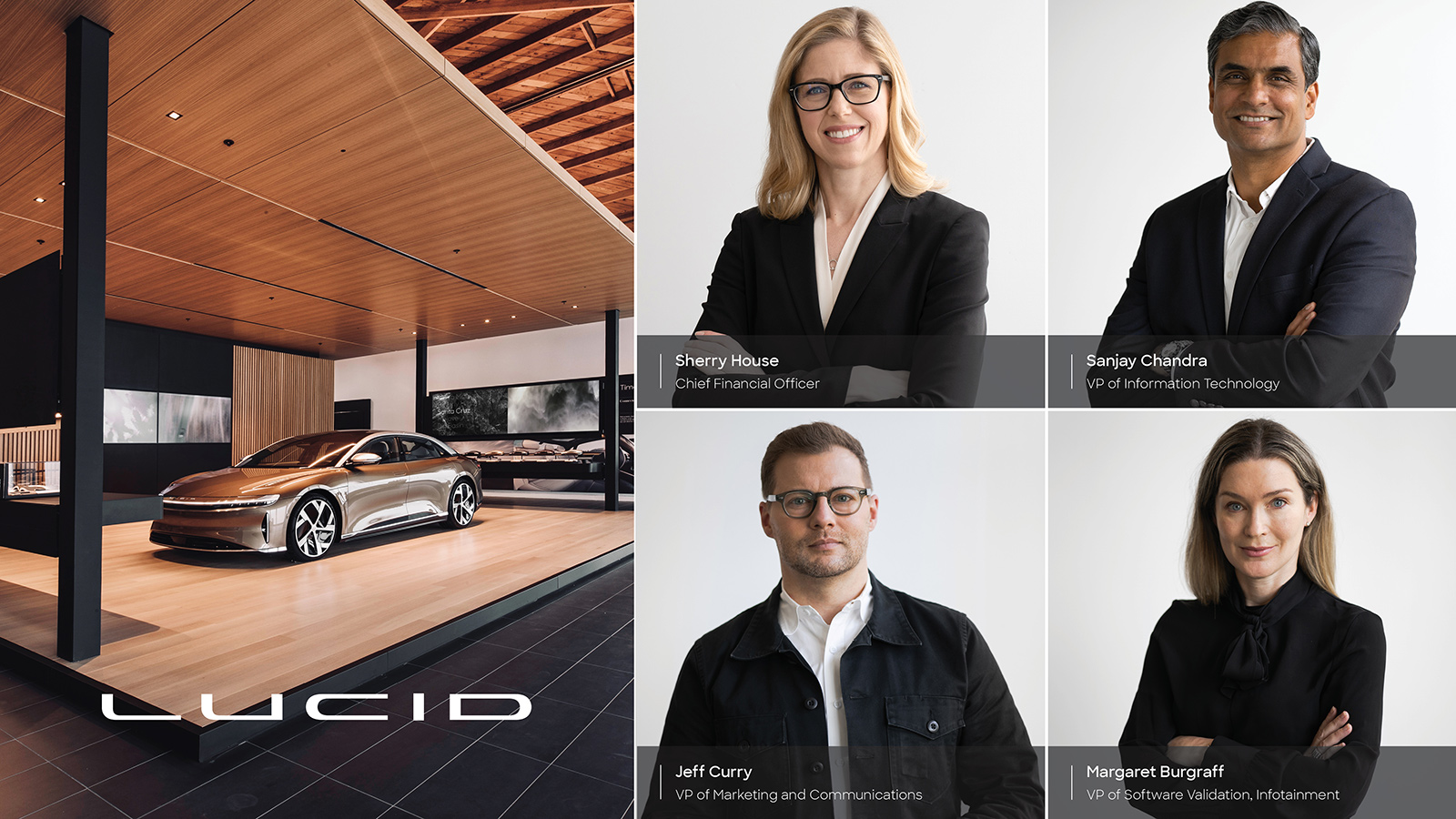
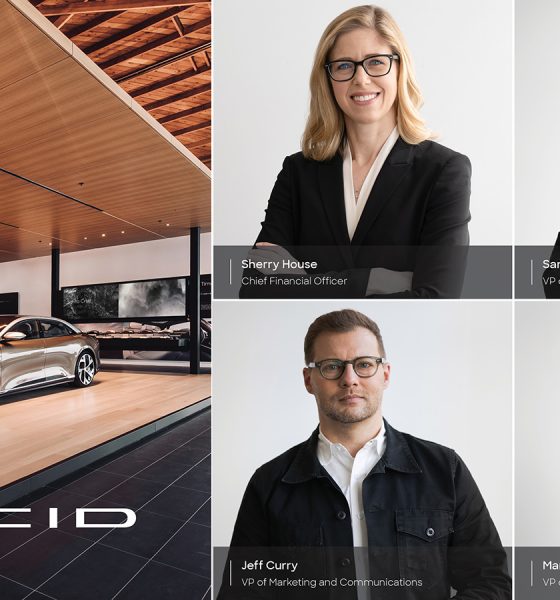
Investor's Corner
Lucid Motors adds former Waymo Treasurer as CFO as company prepares to go public
Lucid Motors has announced that it has appointed former Waymo Treasurer and Head of Investor Relations Sherry House as its Chief Financial Officer ahead of the automaker’s decision to become a publicly-traded company. Along with the addition of House to the Lucid executive team, the company has added several other new executives who will contribute key insights to the automaker’s financial, technological, and strategic plans as it prepares for the first deliveries of the Lucid Air sedan.
Sherry House: Lucid Motors’ new Chief Financial Officer
Sherry House has officially joined the company on May 5th, leaving her post as Waymo’s Treasurer and Head of Investor Relations after nearly four years. During House’s time at Waymo, the University of Michigan grad built and led a team that handled the company’s financial health and investment plans. Her LinkedIn page says she also led all funding and financing initiatives and managed investor communications to promote growth. House’s expertise with both large Fortune 500 companies and small, emerging startups makes her an ideal candidate for the position of Lucid’s CFO. Lucid CEO and CTO Peter Rawlinson is excited about his company’s new addition.
Sherry House leaves her post as Waymo’s Treasurer and Head of Investor Relations to join Lucid Motors as the company’s Chief Financial Officer.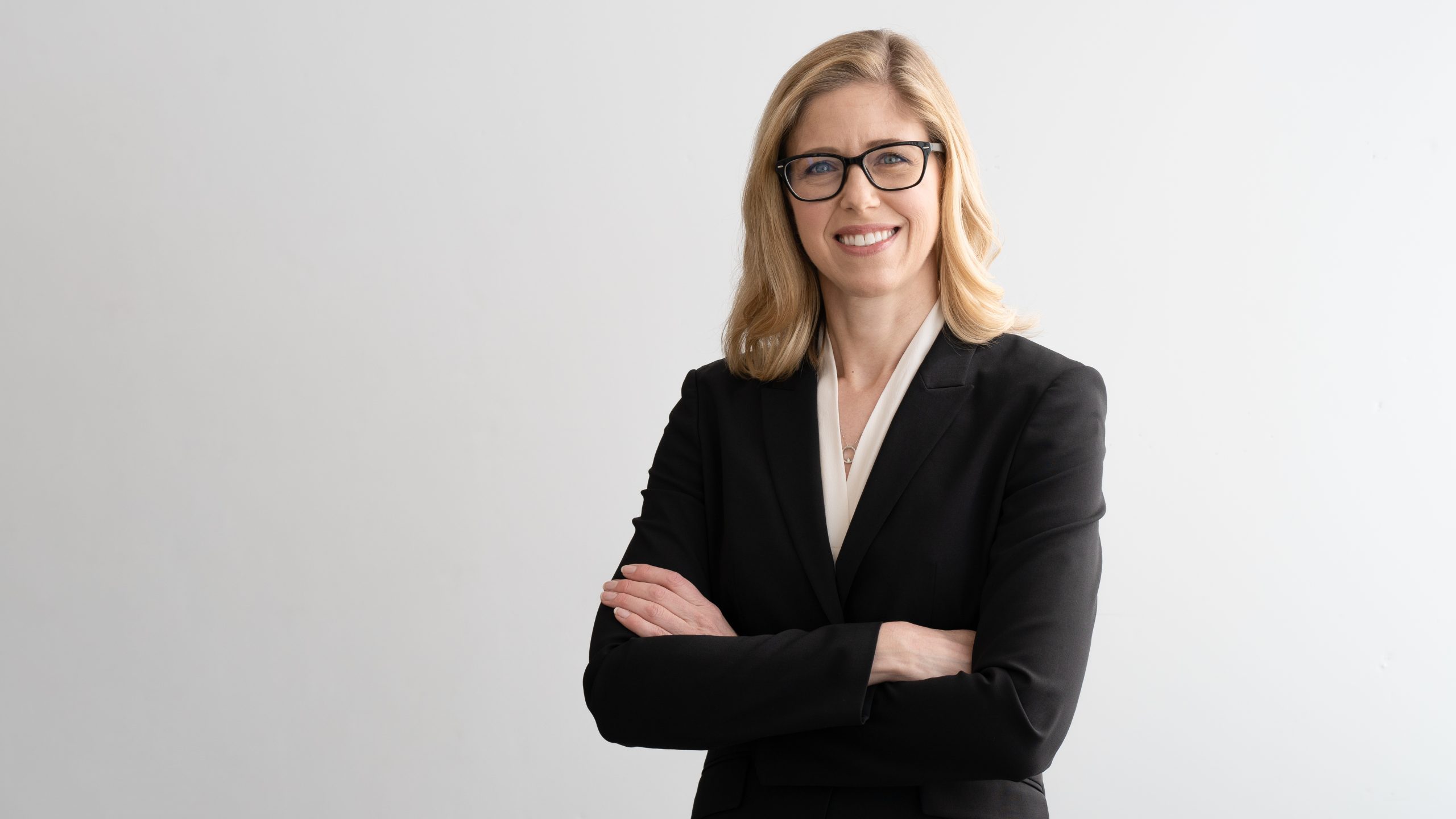
“We are delighted to have Sherry join us. Her rare combination of financial and technical experience bolsters our core leadership team in a pivotal year for Lucid as we prepare to transition to a publicly traded company and launch the Lucid Air,” Rawlinson said. “We stand on the cusp of delivering the world’s most advanced electric vehicles, and now with the arrival of Sherry, augmented by the ongoing, invaluable contribution of our Vice President of Finance, Mike Smuts, we continue to build out what I believe to be the EV industry’s strongest leadership team.”
Other New Additions: Margaret Burgraff, Sanjay Chandra, and Jeff Curry
Lucid is making several other additions to its executive team in preparation for the Air’s launch in a few months. Along with House, the company added Margaret Burgraff as the Vice President of Software Validation, Sanjay Chandra as Vice President of Information Technology, and Jeff Curry as Vice President of Marketing and Communications. The additions are critical in Lucid’s eventual introduction as a public company where investors can openly buy and sell shares. In an emerging market of competitive electric vehicle companies, Lucid is preparing to cater to investors in any way possible. It starts with surrounding an already impressive team of executives with more seasoned veterans who come from the automotive and technology sectors.
Margaret Burgraff is joining Lucid with the title of VP of Software Validation. After 25 years in the industry with companies such as Apple and Intel, where she most recently served as VP of Global Developer Relations, Burgraff was responsible for co-engineering and enabling global independent software vendors to work best with Intel’s product portfolio. Additionally, she has presented to large, global audiences that include topics like Artificial Intelligence, data, and female empowerment.
Sanjay Chara will become Lucid’s first-ever VP of Information Technology. His career has culminated with over 20 years of experience with large companies like Workday, PayPal, and Virgin Mobile. His most recent role was CIO and Head of Cloud Operations at TiVo/Xperi, a position he held for over eight years. He was responsible for cloud operations, infrastructure, and eCommerce, resulting in “explosive business growth and customer expansion.
Finally, Lucid brings on Jeff Curry to take the role of VP of Marketing and Communications. After serving as a successful member of several iconic brands and high-tech startups, such as SiriusXM, Saab, Audi of America, Ferrari North America, and Jaguar, Curry’s most notable work has been in large, well-known events like the Super Bowl. Curry joined Lucid after leaving Jaguar but led the e-mobility campaign strategy for Audi. He joined Lucid’s team as a consultant in December 2019 but now has gained a permanent position as the automaker’s VP of Marketing and Communications.


Elon Musk
Tesla locks in Elon Musk’s top problem solver as it enters its most ambitious era
The generous equity award was disclosed by the electric vehicle maker in a recent regulatory filing.
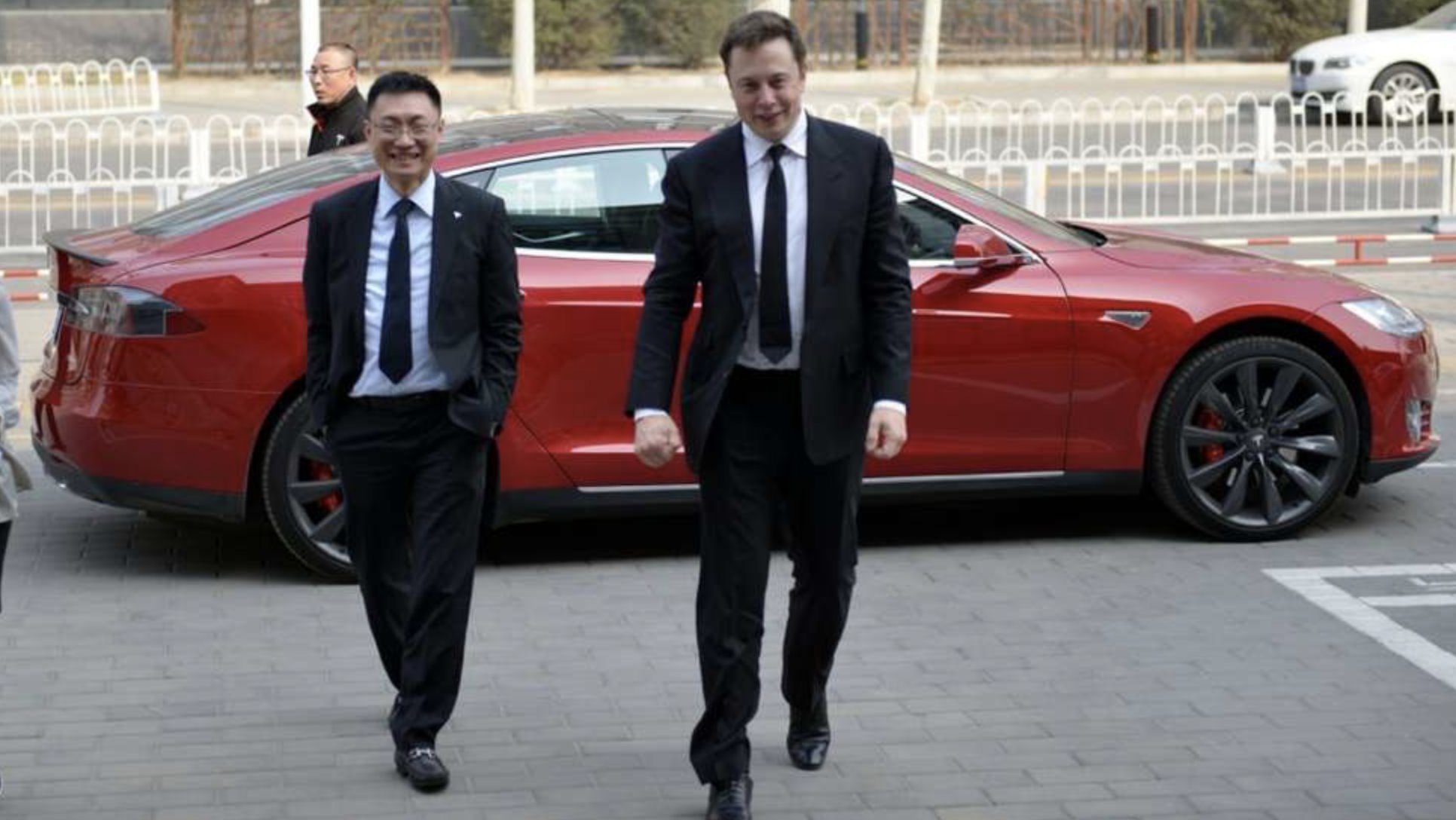
Tesla has granted Senior Vice President of Automotive Tom Zhu more than 520,000 stock options, tying a significant portion of his compensation to the company’s long-term performance.
The generous equity award was disclosed by the electric vehicle maker in a recent regulatory filing.
Tesla secures top talent
According to a Form 4 filing with the U.S. Securities and Exchange Commission, Tom Zhu received 520,021 stock options with an exercise price of $435.80 per share. Since the award will not fully vest until March 5, 2031, Zhu must remain at Tesla for more than five years to realize the award’s full benefit.
Considering that Tesla shares are currently trading at around the $445 to $450 per share level, Zhu will really only see gains in his equity award if Tesla’s stock price sees a notable rise over the years, as noted in a Sina Finance report.
Still, even at today’s prices, Zhu’s stock award is already worth over $230 million. If Tesla reaches the market cap targets set forth in Elon Musk’s 2025 CEO Performance Award, Zhu would become a billionaire from this equity award alone.
Tesla’s problem solver
Zhu joined Tesla in April 2014 and initially led the company’s Supercharger rollout in China. Later that year, he assumed the leadership of Tesla’s China business, where he played a central role in Tesla’s localization efforts, including expanding retail and service networks, and later, overseeing the development of Gigafactory Shanghai.
Zhu’s efforts helped transform China into one of Tesla’s most important markets and production hubs. In 2023, Tesla promoted Zhu to Senior Vice President of Automotive, placing him among the company’s core global executives and expanding his influence beyond China. He has since garnered a reputation as the company’s problem solver, being tapped by Elon Musk to help ramp Giga Texas’s vehicle production.
With this in mind, Tesla’s recent filing seems to suggest that the company is locking in its top talent as it enters its newest, most ambitious era to date. As could be seen in the targets of Elon Musk’s 2025 pay package, Tesla is now aiming to be the world’s largest company by market cap, and it is aiming to achieve production levels that are unheard of. Zhu’s talents would definitely be of use in this stage of the company’s growth.
Investor's Corner
Tesla analyst teases self-driving dominance in new note: ‘It’s not even close’
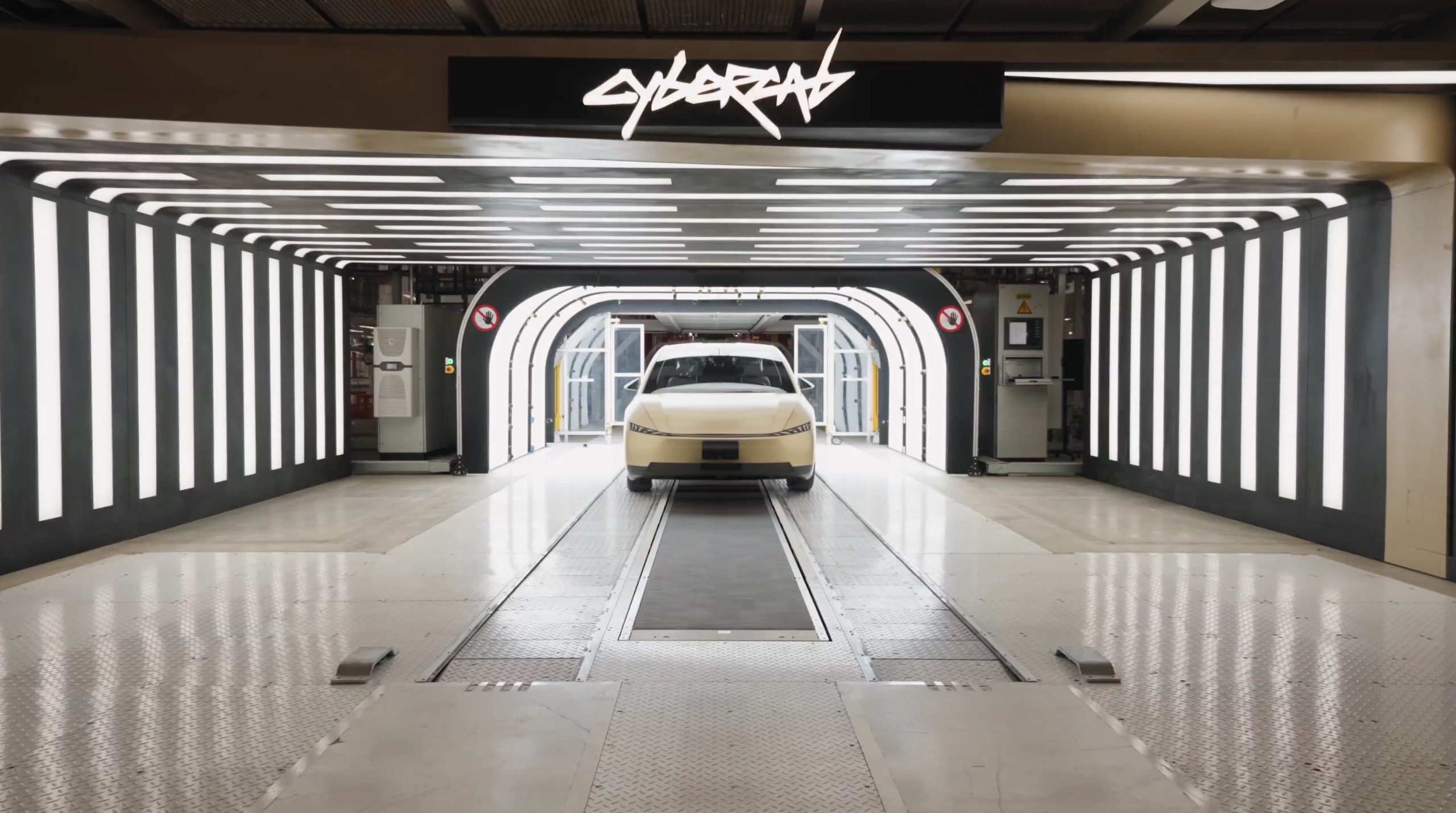
Tesla analyst Andrew Percoco of Morgan Stanley teased the company’s dominance in its self-driving initiative, stating that its lead over competitors is “not even close.”
Percoco recently overtook coverage of Tesla stock from Adam Jonas, who had covered the company at Morgan Stanley for years. Percoco is handling Tesla now that Jonas is covering embodied AI stocks and no longer automotive.
His first move after grabbing coverage was to adjust the price target from $410 to $425, as well as the rating from ‘Overweight’ to ‘Equal Weight.’
Percoco’s new note regarding Tesla highlights the company’s extensive lead in self-driving and autonomy projects, something that it has plenty of competition in, but has established its prowess over the past few years.
He writes:
“It’s not even close. Tesla continues to lead in autonomous driving, even as Nvidia rolls out new technology aimed at helping other automakers build driverless systems.”
Percoco’s main point regarding Tesla’s advantage is the company’s ability to collect large amounts of training data through its massive fleet, as millions of cars are driving throughout the world and gathering millions of miles of vehicle behavior on the road.
This is the main point that Percoco makes regarding Tesla’s lead in the entire autonomy sector: data is King, and Tesla has the most of it.
One big story that has hit the news over the past week is that of NVIDIA and its own self-driving suite, called Alpamayo. NVIDIA launched this open-source AI program last week, but it differs from Tesla’s in a significant fashion, especially from a hardware perspective, as it plans to use a combination of LiDAR, Radar, and Vision (Cameras) to operate.
Percoco said that NVIDIA’s announcement does not impact Morgan Stanley’s long-term opinions on Tesla and its strength or prowess in self-driving.
NVIDIA CEO Jensen Huang commends Tesla’s Elon Musk for early belief
And, for what it’s worth, NVIDIA CEO Jensen Huang even said some remarkable things about Tesla following the launch of Alpamayo:
“I think the Tesla stack is the most advanced autonomous vehicle stack in the world. I’m fairly certain they were already using end-to-end AI. Whether their AI did reasoning or not is somewhat secondary to that first part.”
Percoco reiterated both the $425 price target and the ‘Equal Weight’ rating on Tesla shares.
Investor's Corner
Tesla price target boost from its biggest bear is 95% below its current level

Tesla stock (NASDAQ: TSLA) just got a price target boost from its biggest bear, Gordon Johnson of GLJ Research, who raised his expected trading level to one that is 95 percent lower than its current trading level.
Johnson pushed his Tesla price target from $19.05 to $25.28 on Wednesday, while maintaining the ‘Sell’ rating that has been present on the stock for a long time. GLJ has largely been recognized as the biggest skeptic of Elon Musk’s company, being particularly critical of the automotive side of things.
Tesla has routinely been called out by Johnson for negative delivery growth, what he calls “weakening demand,” and price cuts that have occurred in past years, all pointing to them as desperate measures to sell its cars.
Johnson has also said that Tesla is extremely overvalued and is too reliant on regulatory credits for profitability. Other analysts on the bullish side recognize Tesla as a company that is bigger than just its automotive side.
Many believe it is a leader in autonomous driving, like Dan Ives of Wedbush, who believes Tesla will have a widely successful 2026, especially if it can come through on its targets and schedules for Robotaxi and Cybercab.
Justifying the price target this week, Johnson said that the revised valuation is based on “reality rather than narrative.” Tesla has been noted by other analysts and financial experts as a stock that trades on narrative, something Johnson obviously disagrees with.
Dan Nathan, a notorious skeptic of the stock, turned bullish late last year, recognizing the company’s shares trade on “technicals and sentiment.” He said, “From a trading perspective, it looks very interesting.”
Tesla bear turns bullish for two reasons as stock continues boost
Johnson has remained very consistent with this sentiment regarding Tesla and his beliefs regarding its true valuation, and has never shied away from putting his true thoughts out there.
Tesla shares closed at $431.40 today, about 95 percent above where Johnson’s new price target lies.








